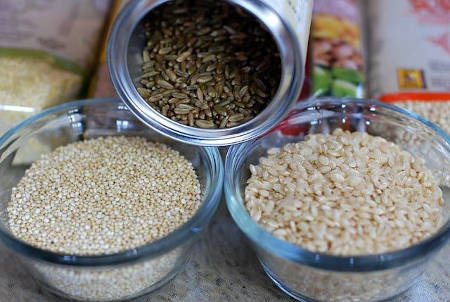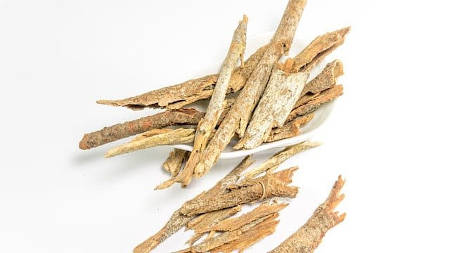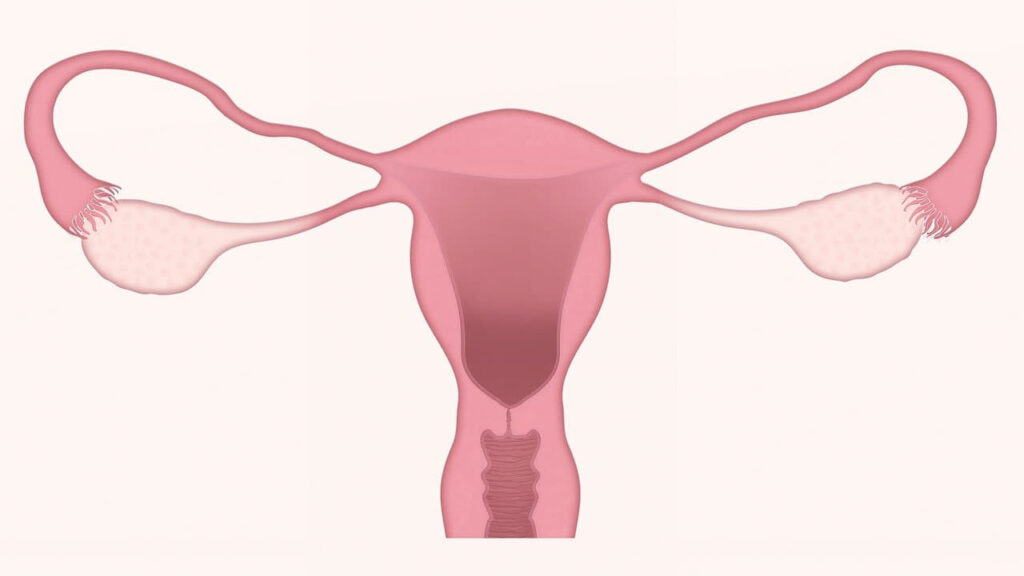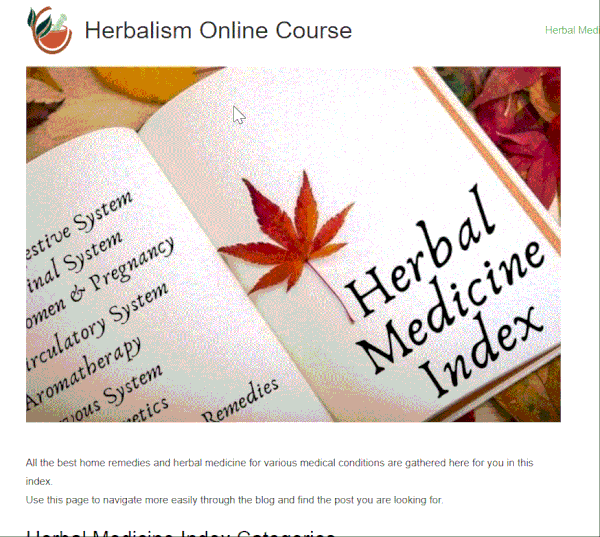Polycystic ovary syndrome is an endocrine disorder in which the ovaries dilate due to a large number of underdeveloped follicles filled with fluid (cysts).
As a result, the ovaries fail to produce eggs regularly.
Symptoms of Polycystic Ovary Syndrome
Polycystic ovary syndrome is a common problem among women of reproductive age.
5% -10% of women are diagnosed with polycystic ovary syndrome, but only 30% of them suffer from several symptoms together.
The syndrome is prevalent in women mainly near menopause, but young women also suffer from it.
Having ovarian cysts is not life-threatening, but it leads to hormonal imbalance and therefore the symptoms are:
- Lack of ovulation or irregularity of ovulation.
- Hyperandrogenism (high level of male sex hormones).
- Menstrual irregularities.
- Acne sores.
- Hair loss, male-pattern baldness.
- Excess facial and body hair.
- Overweight, diabetes, and infertility.
The most common criterion for diagnosing polycystic ovary syndrome is a high level of male sex hormones (hyperandrogenism).
In any case, it is important to treat the syndrome as early as possible to prevent complications and outbreaks of additional diseases.
Polycystic Ovary Syndrome and Insulin Resistance
There is a strong link between polycystic ovary syndrome and insulin resistance.
Almost all women with polycystic ovary syndrome and obese also suffer from insulin resistance.
Conventional drug treatment involves some side effects such as indigestion, breathing problems, and muscle aches.
Therefore, in order to improve the condition of the ovaries, it is important to lose weight and treat insulin resistance.
Weight loss may lead to significant improvement in sugar and cholesterol levels, blood pressure, and a decrease in the level of male sex hormones.
Natural Treatment for Polycystic Ovary Syndrome
Nutrition

First and foremost, addressing insulin resistance is critical in treating polycystic ovaries.
Losing weight can reduce insulin levels.
It is necessary to lose weight for women who are obese or those who suffer from additional metabolic syndrome problems like high fat, cholesterol, etc.
.
There are studies that show that weight loss of between 5% and 10% of the body weight of a woman who is overweight and polycystic ovaries, improves her chances of ovulating regularly and getting menstruation.
There are also foods whose virtues are supportive of hormonal balance in women.
During naturopathic treatment, there is extensive work on adopting healthy eating habits.
For example, choosing the right foods with a low glycemic value that does not raise insulin.
In this treatment, you also work on the intense need for sweets.
Foods You Need to Add to Your Diet When Having Polycystic Ovary Syndrome
Vegetables
All kinds of leaves, broccoli, celery, cabbage, cucumber, parsley, radishes, spinach, and turnips.
Prefer organic foods that are free of hormones and antibiotics.
Legumes
Beans, soybeans, lentils, peas, and chickpeas.
It is important to remember that legumes, in addition to protein, also contain carbohydrates.
The body breaks down carbohydrates into sugars, so it is best to eat only a moderate amount of these legumes.
Eat Fruits Moderately
Many fruits contain sugar and therefore eat them in moderately.
In my experience, eating up to 2 fruits a day is fine.
It is better to eat them in the morning rather than in the afternoon since the body cells are more sensitive to insulin in the morning.
Prefer Whole Foods and Foods Containing Dietary Fibers

Whole foods break down more slowly and therefore they don’t cause a rapid rise in sugar and insulin levels.
For the same reason, avoid simple carbohydrates, such as white flour products, rice, potatoes, etc.
Eat more foods that contain dietary fiber as they moderate the rate of high blood sugar levels.
Maintaining a proper diet, at regular intervals, also contributes to the balance of sugar and insulin levels.
Avoid Drinking Coffee and Alcohol When Having Polycystic Ovary Syndrome
Studies show that drinking 2 cups of coffee a day boosts estradiol levels in the body.
This can impair progesterone levels in women whose level is lower than necessary to create and maintain pregnancy.
Avoid drinking alcohol, which is more of the same as eating sugar.
Exercise Addresses All Aspects of the Syndrome:

- Exercise helps with weight loss, especially when combined with nutritional treatment.
- It lowers the level of male hormones in patients with the syndrome.
- Exercise improves insulin function at the receptor level as the activity increases the number of receptors and improves their function.
- Doing exercise also improves the profile of lipids in the blood,
Which initially lowers the level of triglycerides and raises the level of HDL cholesterol.
Later it lowers the LDL cholesterol level and total cholesterol. - Exercise may lower blood pressure by 10%.
When combined with nutritional therapy, it may lower blood pressure to a level where the medication will not be needed.
Herbal Medicine for Treating Polycystic Ovary Syndrome
Maca- Lepidium Meyenii
Maca is an excellent adaptogenic and general strengthening plant that does not contain hormones.
It brings about hormonal balance by nourishing and affecting the endocrine system.
One of Maca’s main actions is to encourage and nurture the hypothalamus that regulates the pituitary gland.
This gland acts as a tonic for the hormonal system.
When the pituitary functions optimally, the entire endocrine system becomes balanced.
It happens because the pituitary gland controls hormone production.
Therefore, the maca plant balances the levels of estrogen and progesterone in the body.
Cinnamon Kassia Regulates Menstrual Cycle in Women Having Polycystic Ovary Syndrome

Kassia type cinnamon is a type of cinnamon rich in a substance called cinnamaldehyde.
Cinnamaldehyde mimics insulin action, making it more suitable for women with polycystic ovary syndrome or treating type 2 diabetes.
Cassia cinnamon has been research-proven to help balance insulin levels, regulate menstruation, and improve fertility.
Findings from a clinical trial conducted at Columbia University Medical Center in the United States on women with polycystic ovaries show that cinnamon regulates the menstrual cycle.
Thyme Decreases Lipid and Sugar Levels in the Blood
One of the causes of polycystic ovary syndrome is oxidative stress.
Thyme contains an active ingredient called thymol which is known as a powerful antioxidant.
Its extract can also help balance sugar and cholesterol.
In an experiment examining the effect of thyme extract on diabetic, an average of 60% decrease in sugar levels was observed.
Other studies on the effect of thyme extract have shown a decrease in blood sugar.
There was also a decrease in lipid levels (LDL, VLDL, general cholesterol, and triglyceride) and uric acid.
Moreover, there was an increase in good HDL cholesterol and improved liver activity.
Turmeric is a Powerful Antioxidant
Turmeric is anti-inflammatory, antioxidant, detoxifier, and helps balance sugar levels.
Polycystic ovary syndrome is accompanied by low-grade chronic inflammation.
Curcumin, the active ingredient in turmeric, is an anti-inflammatory and powerful antioxidant.
The findings of studies indicate the contribution of curcumin to the reduction of inflammatory indices in polycystic ovary syndrome.
Curcumin also has a beneficial effect on blood sugar and detoxification.
You should, therefore, combine it in the treatment if there is no sensitivity to the substance.



